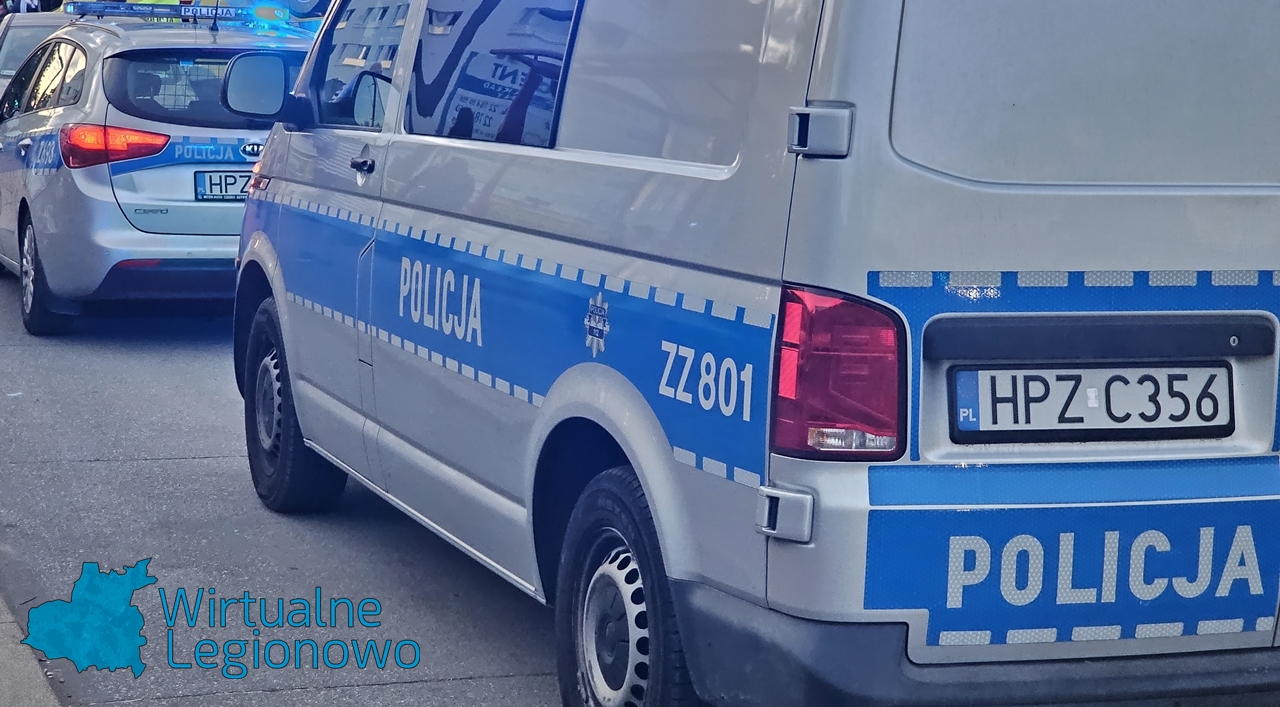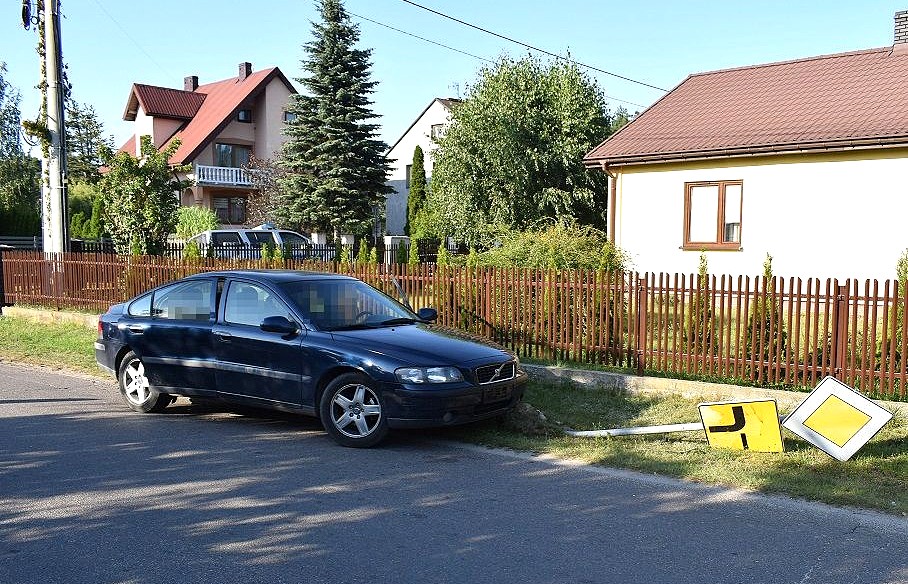Donald Trump met Vladimir Putin on 15 August in Anchorage, Alaska. This is the first direct gathering of US and Russian leaders since the Russian invasion of Ukraine began in February 2022.
The talks lasted nearly 3 hours and ended without agreement. Although both parties described the gathering as constructive, no formal arrangements were reached for the end of the war, the ceasefire, or the road map to peace.
Trump stated:
"Progress has been made. It was a good meeting. But we don't have a deal. There is no contract until there is simply a contract.’
The U.S. president did not uncover any details, but signaled that there were proposals for territorial exchanges and possible safety guarantees during the interview. However, he stressed that the decision belongs to Kiev:
"Ukraine must agree to this. possibly they'll say no. It's their war, it's their decision. But there must be an agreement."
Trump asked if he was pushing Volodymyr Zelenski to make a deal with Russia, replied unequivocally:
‘A deal must be made. This war has been going on besides long. People die, billions of dollars are wasted. This should be over."
Later, in an interview with Fox News, he reiterated this thought:
"Ukraine should work out. They gain nothing but losses. You can't live like this forever. We request to make an agreement and decision forward."
The gathering took place against the background of expanding global force and tensions in NATO. Putin arrived at Anchorage surrounded by his military and economical delegation. Trump officially welcomed him in front of Pentagon representatives. The event had a symbolic dimension – both military and political – resembling any commentators from the Cold War summits.
Putin in his speech focused on general slogans on European safety and the request for "new architecture of peace". From his words the well-known narration line of the Kremlin sounded. The Russian president said:
"To accomplish lasting peace, The West must recognise the legitimate interests of Russia and address the main causes of this conflict. We request a balance of strength and common safety guarantees."
Western commentators perceived this message as a deficiency of real Russia's willingness to compromise. Nevertheless, Putin's invitation by Trump was considered a diplomatic triumph for Russia. The U.S. president met with fierce criticism from any allies in Europe who pointed out that talks were held without Ukrainian participation and without any preliminaries.
Just after the summit Trump spoke on the telephone with Zelenski. The talks were besides attended by NATO leaders and the European Commission. Zelenski himself announced that he would go to Washington next Monday to meet the president of the United States personally and discuss the situation.
Trump referred to this in a radio interview:
“We talked a long time. He knows I want peace. But he must want peace too. It's not one-sided. Ukraine must come out with something that can be accepted. This war must be closed.”
Many experts in the US and Europe admitted that Trump was trying to play a mediator role, but his emphasis on a fast compromise raised concerns that he might effort to force unfavourable concessions in Ukraine.
One of Zelenski's advisors, quoted anonymously by the agency Reuters, said:
‘No arrangements can be made without Ukrainian participation. Kiev will not accept territorial arrangements imposed from behind the scenes.”
Putin, on the another hand, declared ready for further talks, but did not straight address the issue of withdrawing troops from Ukraine. All he said was:
"We are open to dialogue. But this dialog must be based on geopolitical reality, not on the dreams of 1 side."
The reactions of European leaders have varied. UK Prime Minister Keir Starmer stated that "it is crucial to talk, but it is even more crucial not to betray the values that unite us." The Czech defence minister, Jana Černochová, was more clear:
“Putin does not want peace. He wants time. He wants to divide the West. A gathering without specifics gives him precisely what he needs."
Analysts from the Think Tank Atlantic Council assessed the gathering as an effort to open a fresh phase of negotiations, but without any real basis. 1 expert wrote:
"No agreement may be good news. Means Trump didn't betray Ukraine. But he didn't get anything either. position quo remains.’
Trump himself commented on this deficiency of breakthrough with a hint of frustration, but continued to defend his approach:
"I do not intend to wage endless wars. You should be tough, but you should be realistic. The war in Ukraine is simply a tragedy that can be ended if both sides want to. Putin says he's ready. Now it is time for Ukraine to take a step."
However, many commentators have noted that "readyness" Putina in practice boils down to the anticipation that Ukraine will give control of the occupied territories, which for Kiev remains unacceptable.
In financial markets, the consequence was moderate. The investors considered that deficiency of advancement meant continuing the current course. Oil prices have somewhat increased, but the overall economical impact of the summit was considered marginal.
In conclusion, Trump and Putin's gathering in Anchorage had a symbolic and political dimension, but it did not bring a breakthrough. Trump tried to play the function of negotiator and mediator, but his emphasis on rapidly reaching an agreement raises questions about possible force on Ukraine. Putin, on the another hand, gained another minute of Western play and strengthening his position, offering nothing in return. The conflict continues and the real end of the war remains suspended.
















